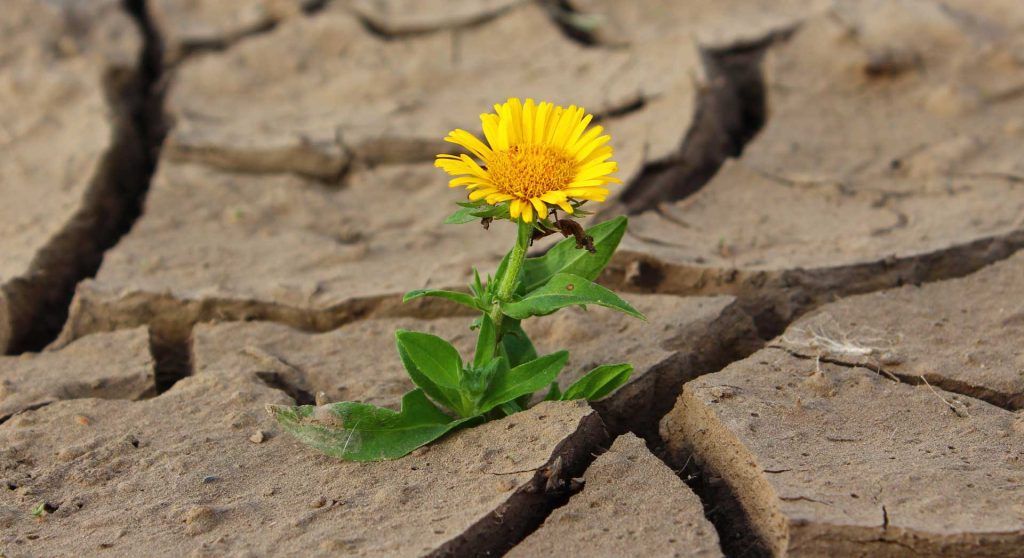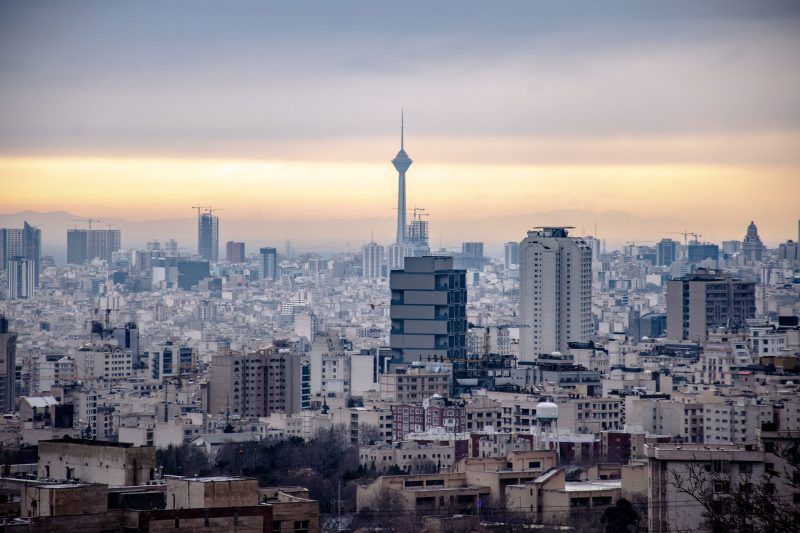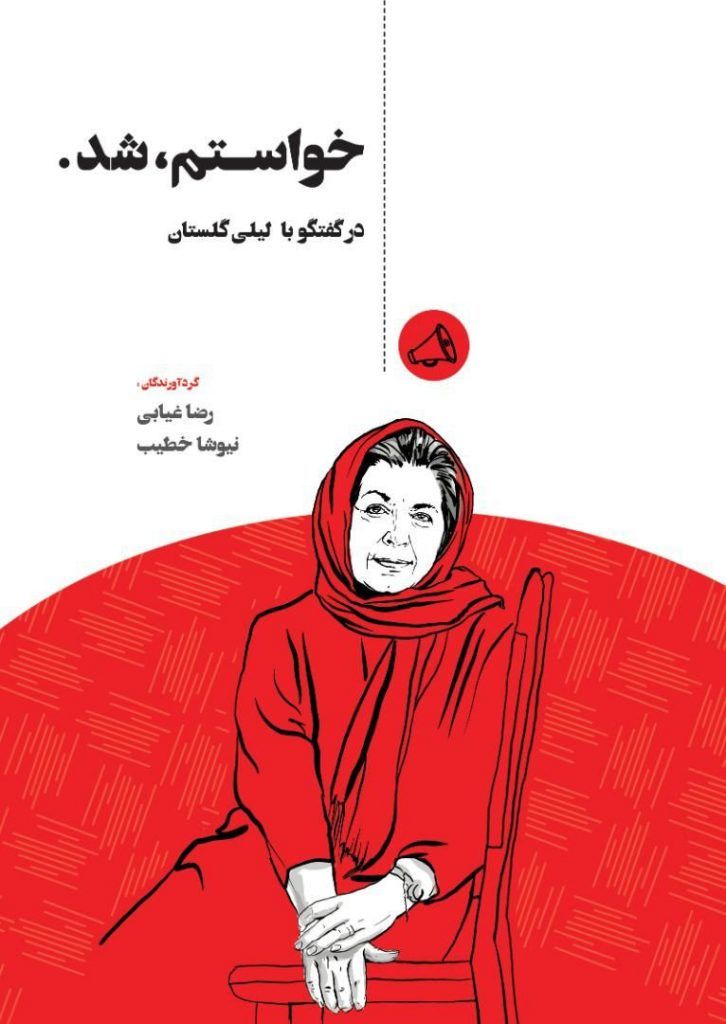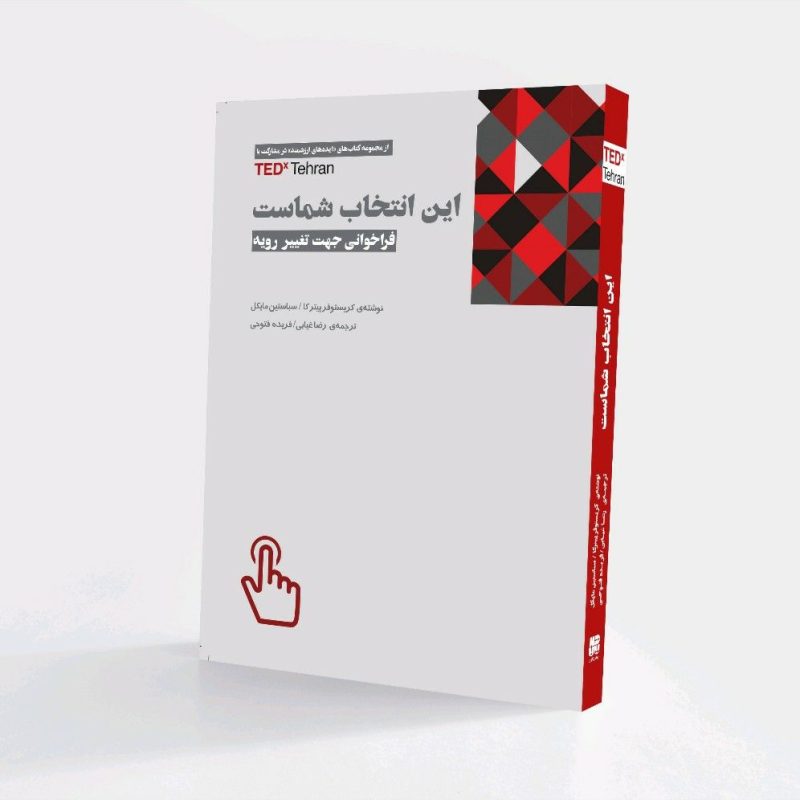It wasn’t long ago that in my TechRasa article “7 things you need to know before doing business in Iran“, I stated, “In Iran, there is always the rule of the Last Man Standing.” It means that no matter how hard you try and how much you spend on your marketing, at the end of the day, those who survive the environmental business challenges get the reward. It’s the art of survival!
Today we had the opportunity of hosting another Oppmakr Breakfast event discussing The Art of Survival for Iranian companies after re-installing the sanctions and as it results in isolation and IRR devaluation.
The Oppmakr Breakfast series is designed to bring together the elites we know and trust in our network to exchange ideas about the actual matters we collectively face in our businesses. These individuals are mostly responsible for optimists who have made successful and sustainable businesses in Iran or internationally.

How did we get here?
In 2016, then-US presidency candidate Trump frequently criticized the JCPOA, at one point panning the agreement as “the worst deal ever negotiated,” and threatened to withdraw the United States from the JCPOAif its terms were not renegotiated. Following his election, Trump reluctantly certified Iran’s compliance with the nuclear deal twice, on May 2017 and July 2017.
In October 2017, Trump declined to certify Iran’s compliance with the JCPOA, opening the door for Congress to take action. Congress did not act to reimpose sanctions against Iran within the requisite 60-day window, and, on Jan. 12, 2018, Trump announced that he would waive sanctions against Iran for a final time, effectively establishing a May 12 deadline for revisions to, or U.S. withdrawal from, the Iran nuclear accord.
On May 8, Trump formally announced the United States withdrawal from the JCPOA and signed a presidential memorandum to “begin reinstating nuclear sanctions” that were lifted pursuant to the JCPOA. President Trump also intimated that further, new sanctions were possible, asserting that the United States “will be instituting the highest level of economic sanction” and that “any nation that helps Iran in its quest for nuclear weapons could also be strongly sanctioned by the United States.”
The above paragraphs lead to general panic in the private sector and Iranian Rial devaluation to almost 60%. On the positive side, it forced the government to emphasize transparency. What does this mean for an entrepreneur working in Iran? It means they have to master the art of survival.
The discussion was shifting toward pointing fingers on the government on not handling the situation so well. We agreed to comment about the things that are in our control as business owners, aka- the choices and resources we already have.
Findings – The Art of Survival
- Target internationally, sell locally > It seems that for a product or service to be hot in Iran, it needs to in such quality that it can be compared with imported alternatives. Sanctions mean that Iran’s market is not going to be semi-untapped, and local startups and businesses have the opportunity to enjoy it’s a huge market if they play it right. Thus strategies like focusing on branding, clear communication, and having a high standard of service and package designs, can help Iran’s businesses to fill for their international competitors for now. For instance, we discussed the case of a messenger mobile application that is targeting the European market, having a better chance of users from Iran.
- Focus on exports >Giving the vast difference between Iran’s currency with the reference currencies, earning in Dollars and spending in Rials is a must for those who can export their services. Companies in Iran can position themselves like Indian IT companies providing development services to the rest of the world at competitive prices. Although expanding the business to other countries is very hard for an Iranian company, yet if they focus on the product and services that they can market and sell online, they have the luxury of exporting.
- Creativity and innovation finally pay off > With the withdrawal of many different products and services, it is now the time for their Iranian competitors to fill their places. As alternatives for European services, they need to up their game and invest in innovation and creativity from the core value they are selling to the packages they use.
- Convert B2C markets to B2B markets > By this, I mean large organizations who have the opportunity to work with a mass market, are now open to negotiating for smaller companies that provide services they need. Companies should think actively about how to sell a batch of their products and services to a large organization as their connector to their target market.
- Together is better > In times of financial instability and uncertainty, business owners should come together more often to discuss the latest trends and opportunities. They also might be willing to swap their services to face the liquidation challenge, as well as creating larger economic colonies to exchange resources.




